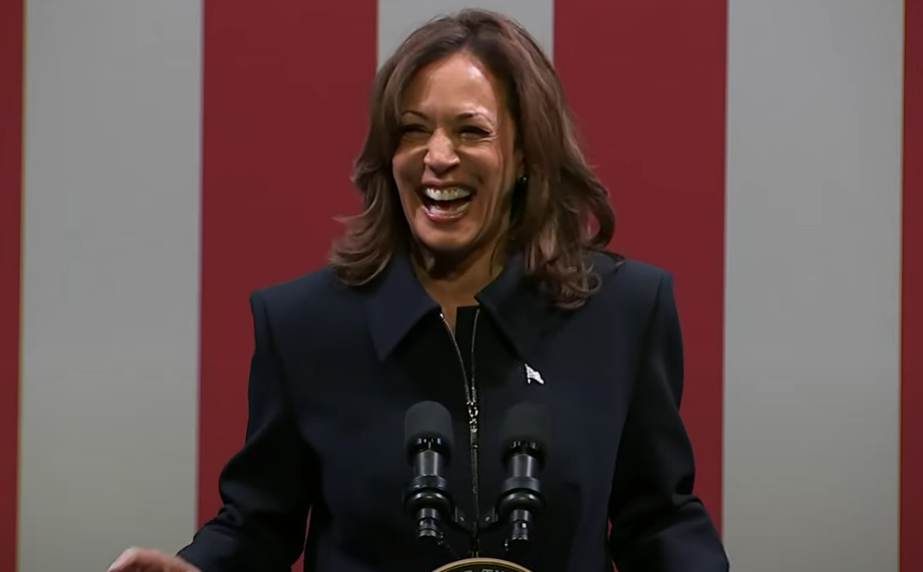The Dawn of the 2028 Democratic Presidential Race
The 2024 election cycle concluded with a resounding victory for Donald Trump, leaving the Democratic Party reeling and contemplating its future. As the dust settles, attention is shifting towards the 2028 presidential race, and although it may seem distant, the initial maneuvering and jockeying for position have already begun. With President Biden’s expected departure from the national stage and Vice President Kamala Harris’s uncertain political future following her defeat, the path to the Democratic nomination is wide open, creating an environment ripe for speculation and early strategizing.
Historically, the informal kickoff for presidential campaigns begins remarkably soon after the conclusion of the previous election cycle. In 2024, Trump’s CPAC speech, delivered shortly after leaving office, served as an early signal of his intent to run again. This time around, Democratic politicians with national aspirations are expected to follow a similar pattern, utilizing visits to early primary states like Iowa, New Hampshire, and South Carolina, ostensibly to support midterm candidates, but also to build relationships and generate excitement for a potential future bid. The outcome of the 2026 midterm elections will significantly influence the dynamics of the 2028 race, potentially shaping the field of contenders and the party’s overall direction.
Several prominent Democrats are already being discussed as potential 2028 contenders. Vice President Kamala Harris, despite her recent defeat, maintains high name recognition and is considered a potential frontrunner in early polling. However, her future plans remain unclear, with some advisors suggesting a gubernatorial run in California instead of another presidential bid. Governors Gavin Newsom of California and J.B. Pritzker of Illinois, both prominent Biden surrogates in 2024, have positioned themselves as leading voices of opposition to the Trump administration and are seen as potential candidates. Both governors will need to decide whether to seek re-election in their respective states in 2026 before focusing on a potential presidential run.
Other governors generating buzz include Gretchen Whitmer of Michigan, Josh Shapiro of Pennsylvania, Wes Moore of Maryland, and Andy Beshear of Kentucky. Whitmer and Shapiro gained national prominence during the 2020 election and were actively involved in the 2024 campaign. Moore, a rising star in the party, will face re-election in 2026, as will Shapiro. Beshear, who recently won re-election in red-state Kentucky, has also sparked interest with his recent visit to New Hampshire. Transportation Secretary Pete Buttigieg, who exceeded expectations in his 2020 presidential bid, remains a prominent figure within the party and could be a strong contender.
Beyond the executive branch, several senators are also considered potential candidates. Raphael Warnock of Georgia, a compelling figure who has won two tough Senate races, is up for re-election in 2028. Cory Booker of New Jersey, known for his oratory skills, and Chris Murphy of Connecticut, a vocal advocate for working-class voters, are also seen as potential contenders. In the House of Representatives, Rep. Ro Khanna of California and Rep. Alexandria Ocasio-Cortez of New York are generating considerable interest. Khanna has been a frequent visitor to New Hampshire, while Ocasio-Cortez, a progressive icon, is viewed by some as the kind of dynamic figure the party needs to regain momentum.
Outside the traditional political sphere, billionaire businessman Mark Cuban, a vocal Harris supporter, has also been mentioned as a potential candidate. Rounding out the list are several other governors: Roy Cooper of North Carolina, Michelle Lujan Grisham of New Mexico, and Tim Walz of Minnesota, who served as Harris’s running mate. While Walz’s energetic campaigning impressed many, the 2024 election results could hinder his future national aspirations. Finally, two additional names frequently mentioned are Governor Phil Murphy of New Jersey and former Chicago Mayor Rahm Emanuel, currently serving as ambassador to Japan.
The 2028 Democratic presidential race is still years away, yet the initial jockeying and speculation have already begun. The field of potential candidates is diverse and includes established figures alongside rising stars, representing a wide range of ideologies and backgrounds. The coming years will be crucial as these individuals navigate their current political positions, build their national profiles, and ultimately decide whether to pursue the presidency. The outcome of the 2026 midterm elections will undoubtedly play a significant role in shaping the landscape of the 2028 race, potentially influencing the viability of various candidates and the direction of the Democratic Party as a whole. The next few years will be a period of intense observation and analysis as the party seeks to rebuild after its 2024 setback and prepare for the challenges and opportunities of the next presidential election cycle.

